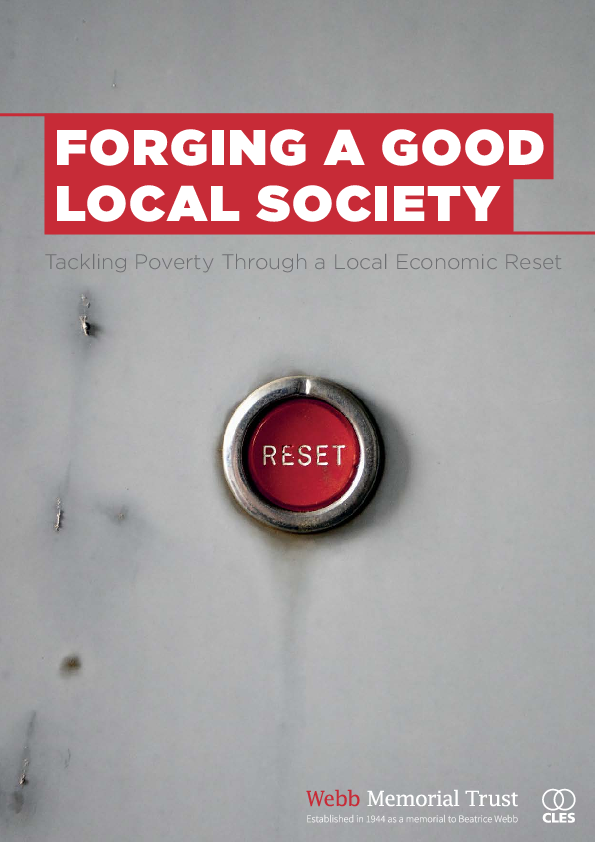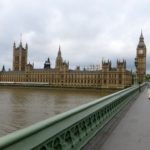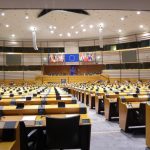Putting the social into a progressive devolution
Devolution needs to get social. For too long the poor, low-paid and unemployed have been seen as a cost, with successive national policies seeking to reduce welfare budgets and cut spending on community activity. This is folly. Investing in the poor and society should be seen as investment in economic potential and productive capacity. Moving forward, this inversion of thinking and action has to be a key part of devolution.










